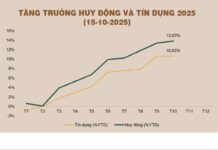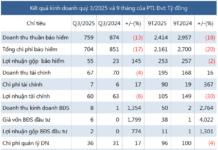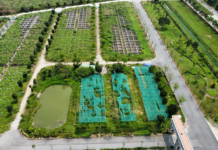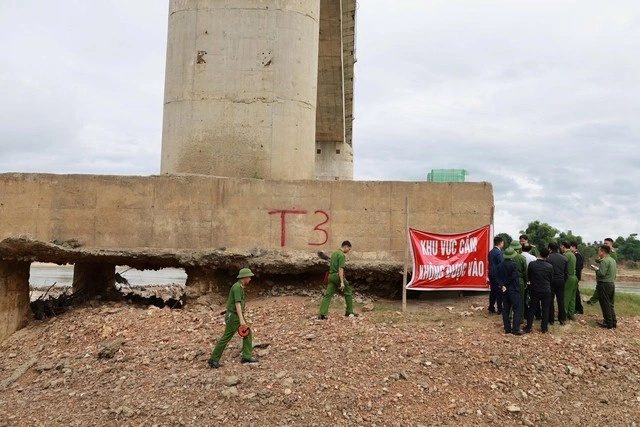
Police Inspect Rusted Steel Cores in Song Lo Bridge Pillars
The Phu Tho Provincial Police’s Investigation Agency has initiated criminal proceedings for “Violating Construction Regulations, Causing Serious Consequences” in the Song Lo Bridge project. Completed in 2015, this key infrastructure has recently shown severe deterioration, exposing rusted steel cores and posing safety risks.
In an interview with Tien Phong newspaper, Attorney Hoang Tuan Vu from Tue Anh Law Firm (Hanoi Bar Association) stated: “According to the indictment, the case is investigated under Clause 3, Article 298 of the 2015 Penal Code, with a maximum penalty of 15 years’ imprisonment. The investigation covers multiple stages: surveying, design, construction, material usage, supervision, and acceptance.”
Attorney Vu emphasized that the charged offense requires tangible violations—specific breaches during surveying, design, construction, or acceptance—coupled with actual consequences.

Attorney Hoang Tuan Vu.
The exposed steel cores and structural damage strongly indicate violations across stages: foundation surveys, load-bearing design, material quality, supervision, and acceptance.
“If geological surveys were flawed or data falsified, the entire design becomes fundamentally unsound. Deviating from approved designs, using substandard materials, or reducing steel/concrete quantities constitutes grave violations. Accepting subpar work during final inspections implicates supervisors and investors,” Vu explained.
Legally, any single violation directly causing the damage suffices for criminal liability. Despite the bridge’s decade-long operation, Article 27 of the 2015 Penal Code allows prosecution within 15 years of the offense—measured from actions like signing acceptance documents, not damage discovery.
Vu noted multiple stakeholders in the project: the investor (former Phu Tho Department of Agriculture and Rural Development), designers, supervisors, contractors, and material suppliers. Legal responsibilities are defined by contracts and regulations. Investigators will determine who approved designs/surveys, signed faulty acceptance reports, authorized unapproved material changes, and directly supervised construction.
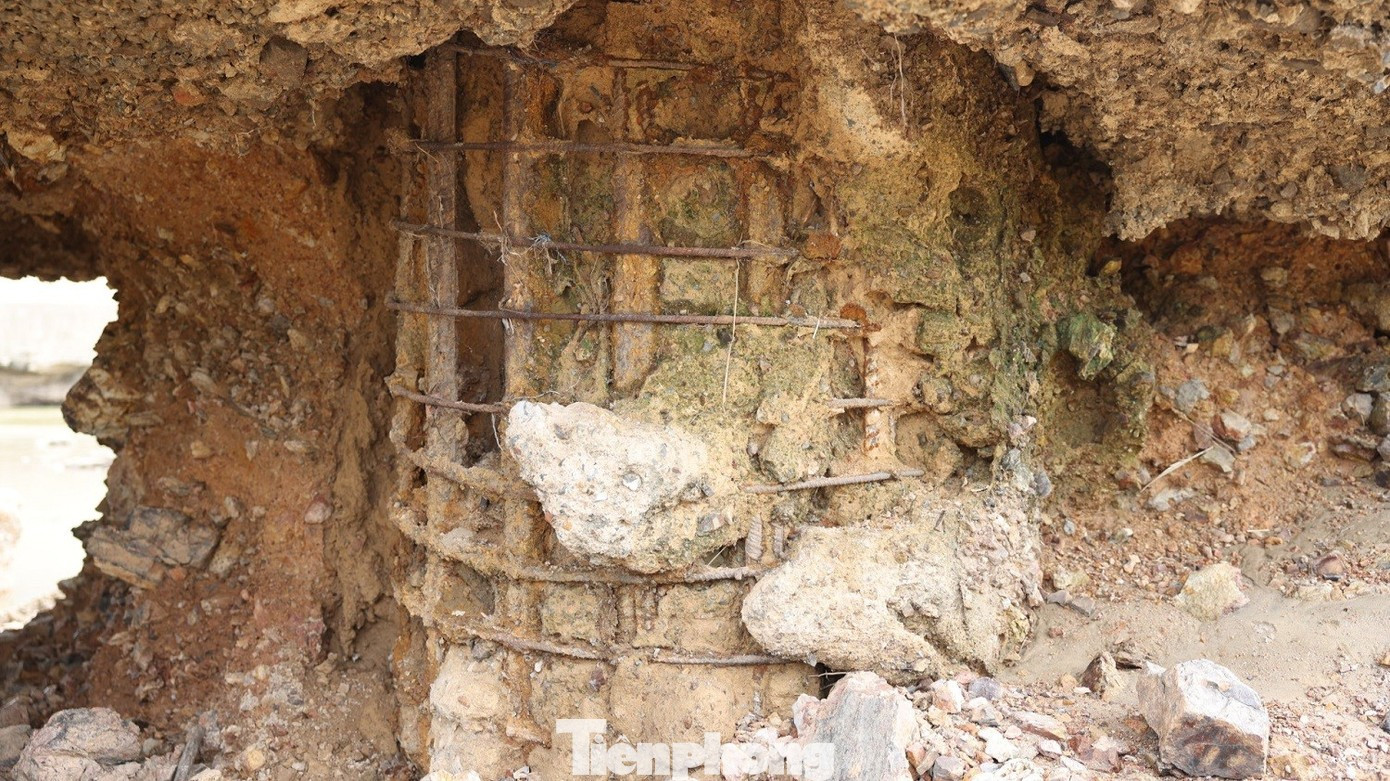
Rusted steel exposed in Song Lo Bridge pillar. Photo: Duc Anh.
Negligent investors approving substandard work or colluding with contractors may face criminal/administrative charges. Vu advocates for enhanced transparency in public project quality management: full disclosure of tender documents, mandatory independent material testing, post-acceptance periodic inspections, digitalized records with personal e-signatures, and stricter professional accountability (including license revocation for misconduct).
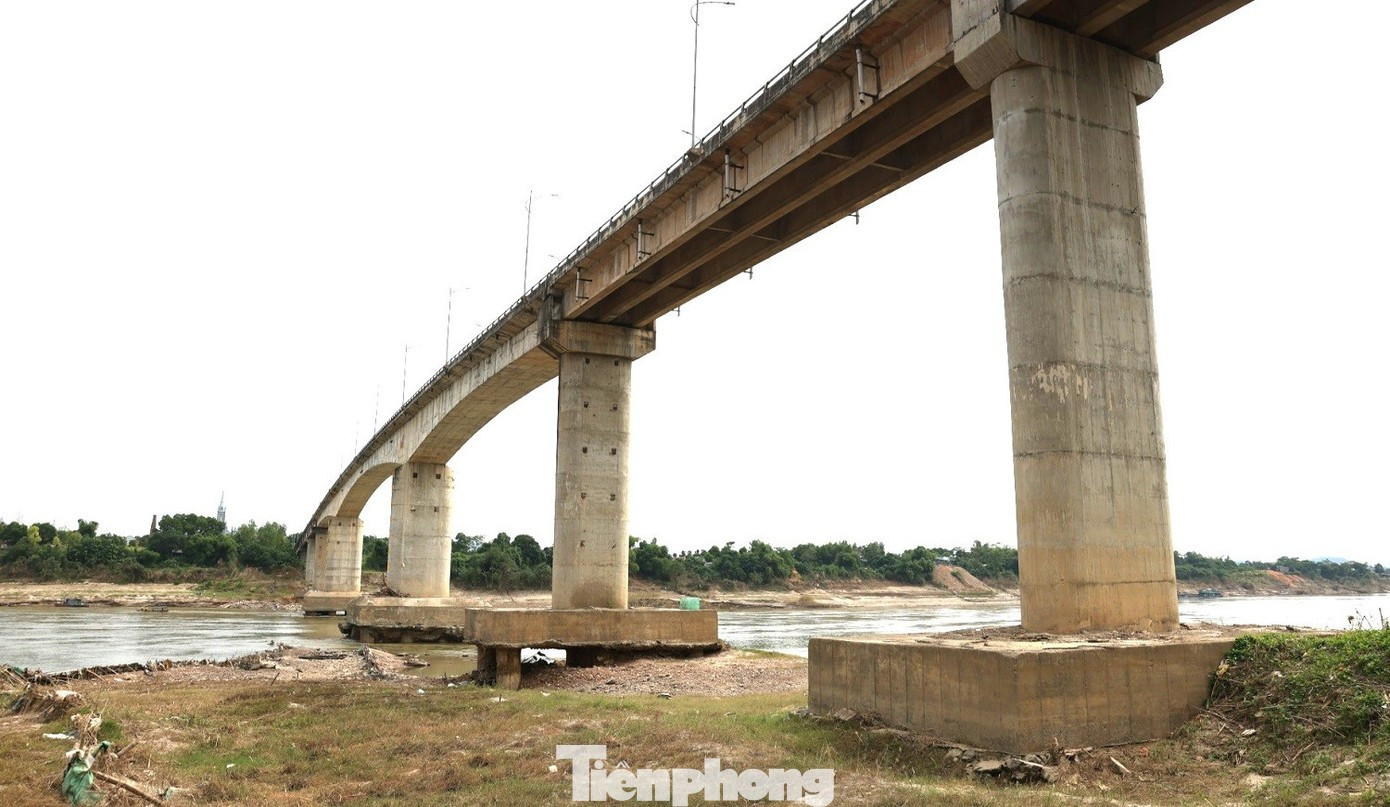
Localized damage on Song Lo Bridge. Photo: Duc Anh.
Prior to the indictment, the Ministry of Construction directed Phu Tho authorities to urgently assess the bridge’s condition. The Provincial Construction Department must complete inspections by November 15, addressing safety risks through repairs or traffic restrictions. The National Quality Assurance Agency and Vietnam Road Administration will provide technical support and traffic management.
Constructed from August 2010 to March 2015, the 518-meter Song Lo Bridge has a 30-ton capacity and cost VND 215 billion (part of a VND 320 billion project including levee reinforcement).
Cracking Down on Illegal Property Sales and Unauthorized Capital Mobilization in Bac Ninh
In response to the alarming trend of organizations and individuals advertising and soliciting investments for projects lacking legal compliance, the Department of Construction in Bac Ninh Province has issued a mandate to intensify inspections and impose stringent penalties on violators operating within Tam Son Ward and Tien Du Commune.
Proposed Increase in Penalties for Real Estate Business Violations
The Ministry of Construction has proposed hefty fines for real estate businesses failing to meet regulatory requirements, with penalties reaching up to 200 million VND. Additionally, companies engaged in unqualified housing sales could face fines of up to 1 billion VND.






